How do we as staff and students in the global South and North come together to decolonise the University? This was the question posed in a virtual seminar hosted by the Head of the Race Equality Taskforce and the Centre for Learning and Teaching at the University of Bath on 25th March. Opening the seminar, Vice-Chancellor and President, Professor Ian White welcomed the speakers and highlighted the significance of the Race Equality Taskforce for University-wide change, acknowledging the important foundation laid by students and staff working on race equality across the University.
Professor André Keet, Deputy Vice Chancellor and Research Chair for Critical Studies in Higher Education Transformation at Nelson Mandela University, South Africa, argued for anti-racism as a decolonisation strategy in the South African system. His analysis revealed how concepts such as excellence have been constructed in accordance with privileged and powerful groups, dominant economic principles, histories, and cultures to create an artefact of the ideal university. Produced by racialised history, particular notions of excellence become reaffirmed in the present and projected into the future, with 'worth' aligning to a race-class nexus. André articulated the profound implications for the transformation of South African higher education; and the negative effects on historically Black universities, staff and students as their so-called lack of worth is recirculated within global and local socio-economic systems. Analysing conceptions of excellence, how these are measured and how unequal resources can penalise institutions and communities is essential. André affirmed the necessity to engage in brave conversations without our relationships falling apart.
Decolonise Architecture (DA), a collective of students and alumni at the University of Bath highlighted the institutional discrimination that arises through the curriculum, admissions, and practices in Architecture education. DA presented their pioneering work on achieving ‘realistic and effective change through solution-based initiatives’, ensuring better representation of global architecture in course content, securing more diverse resources in partnership with the Library, and working with the Access and Widening Participation team on recruitment. They presented their Inclusive Review, a flagship developmental tool written by students and approved by the Department of Architecture and Civil Engineering, which can be used to display significant prevailing subconscious biases. Their desire for dialogue and co-created solutions was equally reflected by Director of Studies Daniel Wong who focussed on the need for listening and transparent conversations, and commending DA for going beyond the ‘veneer of rhetoric’. DA has since been published in the RIBA journal and has been invited to showcase their sector-leading work at numerous institutes and events, including the prestigious Bauhaus School in Weimar, Germany.
In closing, Annie Willingham, Education Officer at the University of Bath Students’ Union, reported that decolonising the curriculum featured as one of the SU’s Top 10 priority issues and that anti-racism forums and a Student Anti-racist Action Group have been initiated, together with active conversations with Professor Naidoo in relation to the Race Equality Task Force. The lively discussion by the large global audience raised questions such as how university rankings could be made more inclusive, the importance of intersectionality and the role of social and economic justice in broader decolonisation activities.
A recording of this event is available via Re:View and the CLT Hub contains further information to support decolonising the curriculum activity.
Professor Rajani Naidoo, Head of the Race Equality Taskforce
Dr Robert Eaton, Susan Watts, Centre for Learning & Teaching
Feature image above (clockwise, from top left): Kyale Mwendwa, Tanya Chiganze, Jasmine Lawrence, Flora Ng, Prof André Keet, Harsha Gore, Mohit Buch
Respond



